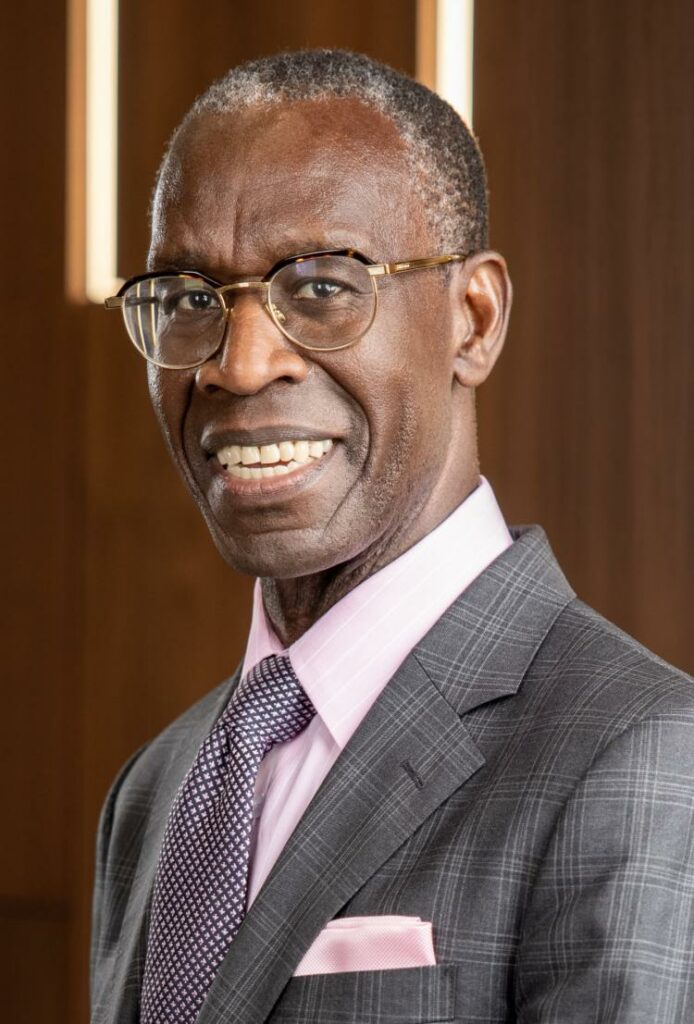By Opiyo Oloya

If you are (or intend to become) an avocado grower, here are some important statistics. In 2021, the global avocado production was 8.69 million metric tons, worth $7.3 billion in sales.
In the same year, the United States imported about $3.14 billion worth of avocados.
The real reason though for the popularity of avocado is for its health benefits.
The fruit is a source of vitamins C, E, K, and B6.
Avocados also contain high levels of healthy, beneficial fats that help with digestion, making a person feel fuller after meal.
There is evidence it helps stave off depression and protects against cancer.
Simply, avocado is a superfood that many health-conscious consumers around the globe crave as part of their diet.
Any wonder, therefore, that the global popularity of avocado is increasing at a pace where its main suppliers cannot meet the growing demand?
In 2021, avocado export from the largest producer, Mexico, fetched $2.99 billion.
The Netherlands exported avocado worth $1.16 billion the same year and Peru export of the crop brought home $1.048 billion.
Here is the most interesting part from those numbers — each of the three countries boosted sales of avocado by at least 10% over the previous year.
Compared to sales from 2020, Peru’s the export of avocado in 2021 went through the roof by as much as 48%!
That was not all. Other exporters were forced to step up their game to fill the insatiable demand for the fruit.
Spain sold $462m worth of avocado, Chile exported $214m, and Colombia’s $205m.
Here is the surprising bit that should make your hair stand on their ends.
Kenya export of avocado came to a whopping $140m, a 21% increase over the previous year and South Africa’s export totalled $110m, a 44% increase over the previous year.
Both countries are ramping up production of the crop, but even then that’s not catching up with the demand for the fruit.
To understand how deep the world’s demand for avocado is look no further than Mexico which produces the bulk of fruit, consumes it, and exports it.
In the state of Michoacán where 80% of Mexico’s avocado is grown, farmers at first welcomed drug-lords because they provided security for their crops.
But in time, as avocado became king and the war on drugs began to eat into cocaine profits, drug lords pivoted to an ever growing cut from the sales of the fruit.
Even that was not enough, and drug-lords wanted more from the lucrative crop, so they raised the amount of “tax” that farmers paid them. In some cases, the criminals would waylay cargo of avocado being shipped for export to the USA.
Fed up, angry and feeling abandoned by the Mexican government, avocado farmers formed militias to protect their farm crops. Armed with high-powered machineguns, the vigilantes set up roadblocks for miles around, making it difficult for drug cartels to barrel into their farming districts.
A year ago in February 2022, the US shut down import of the fruit from Mexico when one of its fruit inspectors was threatened by drug-lords. The temporary halt was enough to persuade Mexican farmers to double their efforts in making sure the legitimate business of avocado was not destroyed by greedy drug-lords keen to maximize profits from legitimate sales of avocado.
What does the world’s craze for avocado mean for Uganda? In short, money, a lot of money. For one, Uganda has some of the best quality avocados anywhere.
The fruit which is currently abundant in local markets has for decades grown around homesteads and small shambas, mostly because Uganda has excellent soil and climate for avocado.
In 2020, the Ministry of Agriculture, Animal Industry and Fisheries (MAAIF) launched a campaign to grow more avocado of the variety known as Hass which produces excellent yield. This variety is fleshy and fetches excellent price on the world market and takes only about three to four years from planting to first harvest. Which means Uganda could become a major world player in avocado production in the next five to ten years.
But before we get there, a few things need to change. At the front end, the government must relaunch a sustained campaign for growing avocado.
Officials must explain to farmers why the crop’s popularity is not a fad but is here to stay for the long haul.
Secondly, there must be a consistent and concerted effort to cultivate the market for Uganda’s avocado abroad, plugging it directly into the world market rather than working with a middle-country, say Kenya, which will cream off the profits.
Farmers need to know that when their avocado trees start producing fruit there will be a ready market for it. This takes more than talking about it. It requires a lot of groundwork, and marketing savvy is a key part of this phase. It’s important that the world discovers Uganda’s avocado and begin to demand it.
What this means is that Uganda’s envoys in Europe, North America and Far East must be equipped with marketing resources, perhaps a short video, no more than five minutes long that speaks of the magnificent avocado fruits Uganda produces.
Even if the topic of discussion is not agriculture, officials must find a way to talk about what Uganda has. At every official function where Uganda is hosting a breakfast, lunch or dinner, the country’s own avocado must feature prominently.
Simply, Uganda is sitting on green gold and only needs to open the vault and begin to haul serious money from that investment. Instead of waiting for some job from somewhere, let’s turn our youth to something we already do well, and teach them to farm avocado and become entrepreneurs.
Opiyo.oloya@gmail.com
Twitter: @Opiyooloya
Dr. Opiyo Oloya is the Inaugural Associate Vice President, Equity, Diversity, and Inclusion (EDI) at Western University, London, Ontario, Canada.





